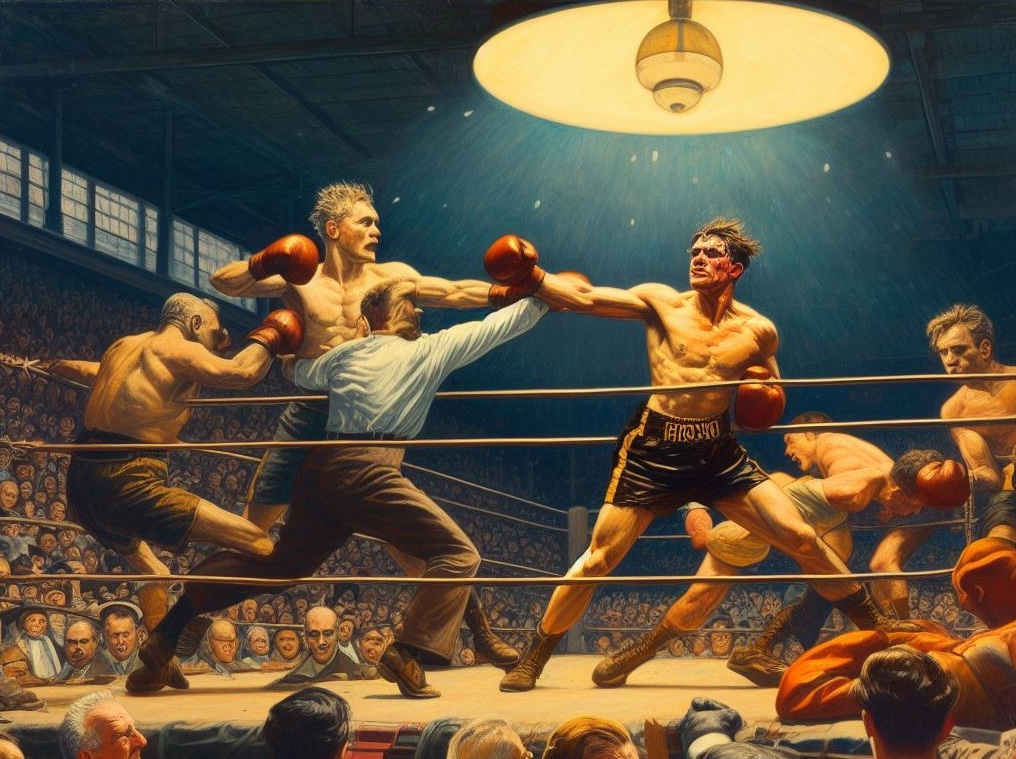With interest in third-party and insurgent presidential candidates in the US at a high point, our team thought it would be fun to do a series diving into some outsider candidates from previous campaigns, both presidential and primary runs. Today, we’re looking at Ross Perot’s 1992 run for the presidency.
Ross Perot was born on June 27, 1930, in Texarkana, Texas, and made a name for himself not just as a successful businessman and billionaire, but also as a noteworthy political figure. He was the driving force behind Electronic Data Systems (EDS) in 1962 and later, Perot Systems in 1988, both big hits in the IT world.
When Perot jumped into the political scene with his independent run for the presidency in 1992, it certainly turned heads. His campaign style was anything but ordinary – think infomercial-style presentations, which was quite groundbreaking back then. He had a unique way of connecting directly with voters, something you didn’t see every day in politics.
On the policy front, Perot was really big on managing the country’s finances responsibly. He wasn’t a fan of the North American Free Trade Agreement (NAFTA) and was all about getting the federal budget balanced. His main economic goals? Cutting down the national debt and getting rid of the deficit. Plus, he was quite vocal about his concerns over how free trade deals were affecting American manufacturing jobs.
The role Perot played in the 1992 Presidential election, where Bill Clinton beat the incumbent George H.W. Bush, is very interesting to dissect. Perot managed to scoop up a hefty 18.9% of the popular vote – that’s huge for a third-party candidate in the U.S.! There’s this common idea that he pulled more votes away from Bush, which kind of helped Clinton win. But if you really dig into the data, it’s a bit more complex than that.
It turns out, Perot’s supporters were a mix of Republicans, Democrats, and a lot of independents. Looking closely at exit polls and voter surveys from that election, it seems Perot’s run didn’t skew things too much in Bush’s disfavour. In fact, some studies suggest that the vote distribution between Bush and Clinton might not have changed much even without Perot in the race, given his voters’ varied political preferences.
Perot’s candidacy is often credited with bringing issues like the national debt and trade policy to the forefront of American political discourse. His impact on the political landscape was significant, as he highlighted the potential influence of third-party candidates in U.S. presidential elections.
